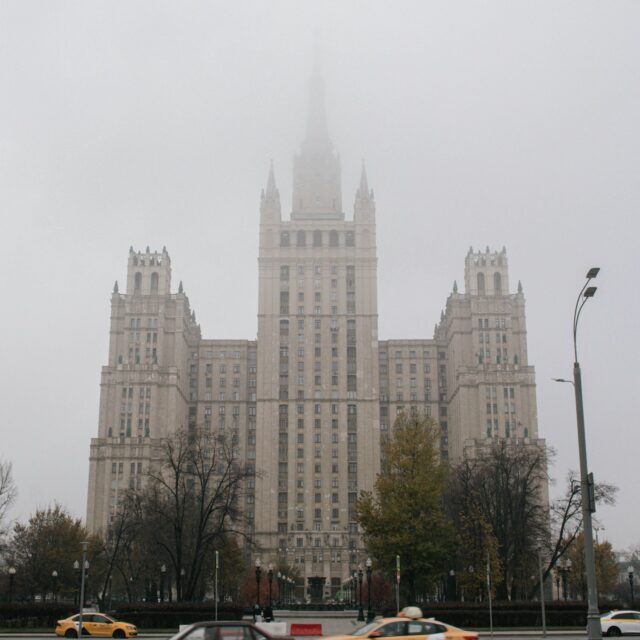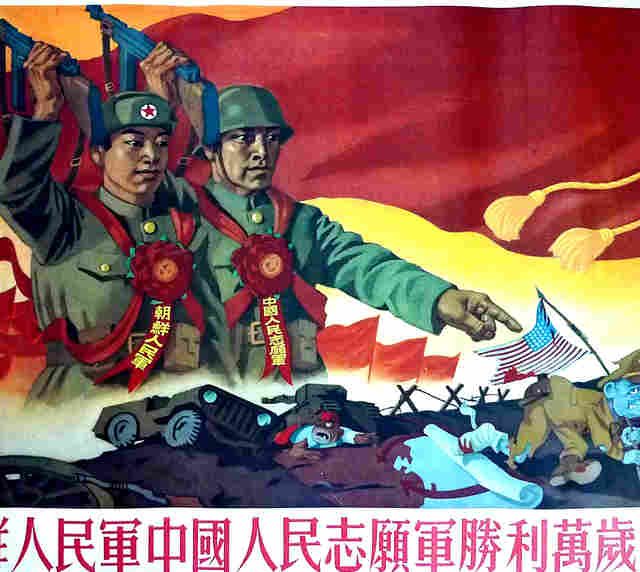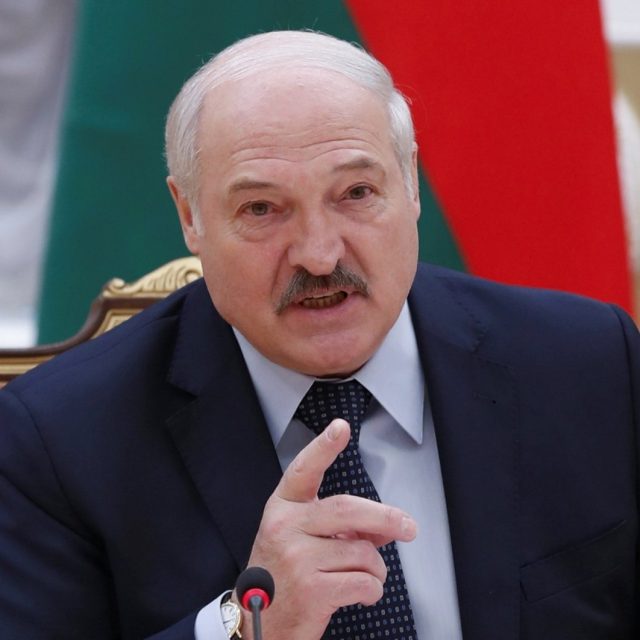The Red Cross has been accused of direct complicity in Russia’s forced deportation of Ukrainians, thereby aiding and abetting the Russian NaZi policy of ethnic cleansing of the territories it has illegally occupied.
This is the only interpretation possible for the decision of the Red Cross to open a refugee assistance centre in Rostov-on-Don. A few days earlier, the Red Cross opened a humanitarian corridor from Mariupol to the Rostov region, refusing to open such corridors towards the Ukrainian city of Zaporozhye. In this way, Russia, under cover of the organization of the Red Cross, takes Ukrainians to Russian territory, and receives full power over their future fate.
The Red Cross is effectively business looting. It plans to build filtration camps in the Rostov region with funds donated by caring Ukrainians, and is actively asking permission from Russia. Under the guise of humanitarian aid, the safety and targeted spending of these funds must be called into question. The Red Cross has showed itself to be biased and irresponsible in the Ukrainian-Russian war, practicing double standards and actively lobbying the interests of the Kremlin against the interests of Ukrainian refugees.
Residents of the settlements who found themselves in the epicentre of hostilities have testified that the operations of the Red Cross were extremely formal. The conscientious attitude of individual employees (often Ukrainian citizens) rather than the organization as such has been of decisive importance. A significant bias towards Russia and prejudice against Ukraine, which the Red Cross demonstrated already in the first days of the war, is a reason to doubt the trustworthiness of this organization.
At the socio-political level, the Red Cross indirectly contributes to the criminal plans of the Kremlin to deport Ukrainians. Contributing to the unilateral opening of humanitarian corridors towards Russia, the organization indirectly contributes to the forced resettlement of Ukrainians. During the four weeks of this war, more than 160,000 people were forcibly taken from the cities of Kherson, Zaporozhye, Donetsk and Lugansk to the territory of Russia. They can be sent for permanent residence to the most disadvantaged regions of Russia, and risk becoming victims of human trafficking.
The lack of independence of the Red Cross and the ability to influence the decision-making of its leadership is a classic sign of the formality of this organization and its actual inability to fulfil its international obligations in accordance with its charter.




